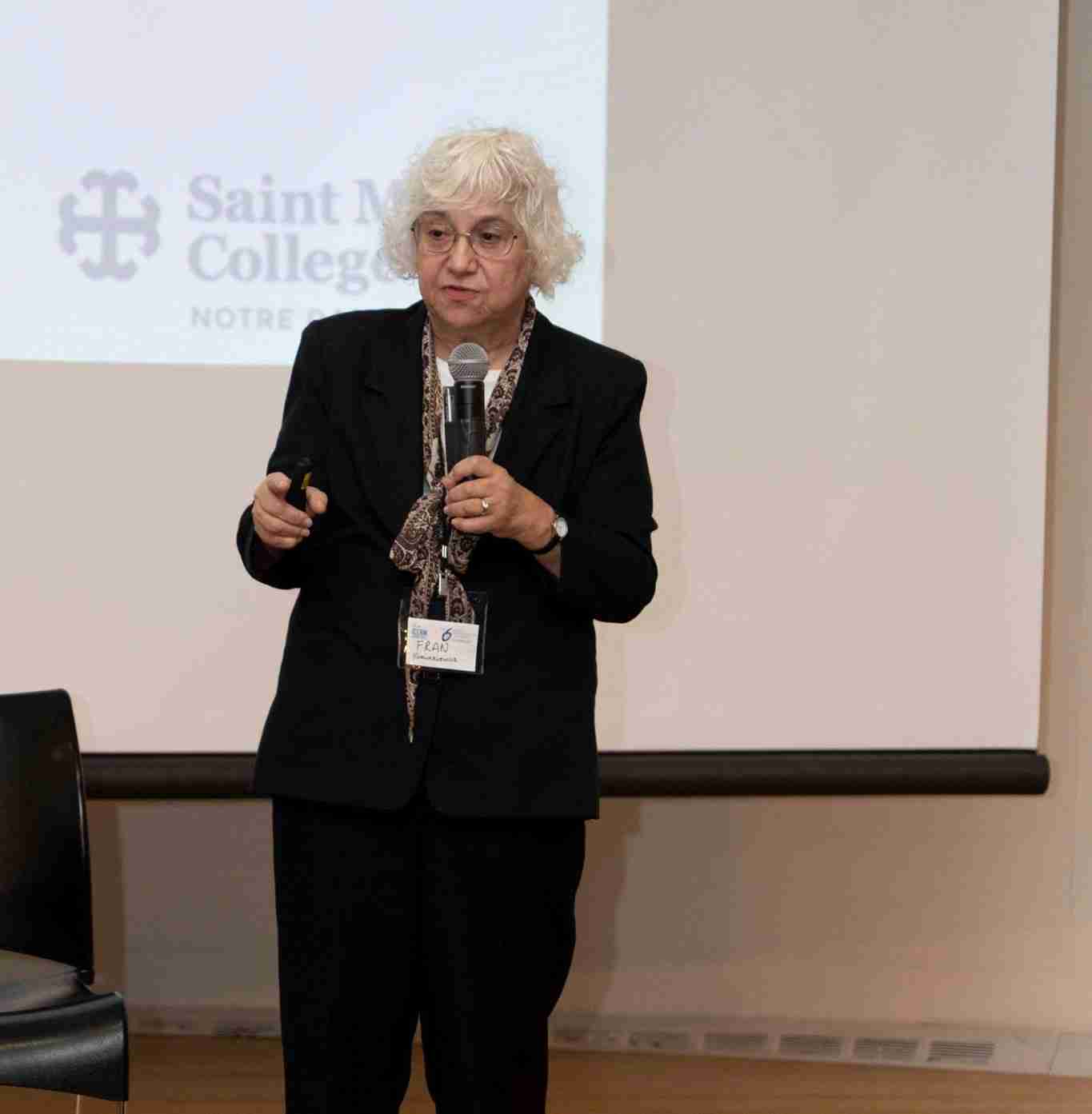Happy New Year from the International Center for Ethno-Religious Mediation

Happy New Year from the International Center for Ethno-Religious Mediation (ICERM)!
May peace reign in our lives, families, workplaces, schools, houses of prayer, and countries!
Fostering a culture of peace among, between and within ethnic and religious groups is at the center of our mission. In 2018, we facilitated four ethno-religious mediation training sessions in Winter, Spring, Summer and Fall. We thank and congratulate again our certified ethno-religious mediators.
Also, our 5th Annual International Conference on Ethnic and Religious Conflict Resolution and Peacebuilding held from October 30 to November 1, 2018 at Queens College, City University of New York, was an outstanding event. We thank our participants and presenters from many universities and institutions around the world.
As a New York based 501 (c) (3) nonprofit organization in special consultative status with the United Nations Economic and Social Council (ECOSOC), ICERM strives to be an emerging center of excellence for ethnic and religious conflict resolution and peacebuilding. By identifying ethnic and religious conflict prevention and resolution needs, and bringing together a wealth of resources, including mediation and dialogue programs, we support sustainable peace in countries around the world.
In 2019, we will continue to provide a platform for ethnic and religious conflict resolution and peacebuilding and lead academic inquiries and policy deliberations to enhance our understanding of these issues.
As you prepare to take your New Year resolution(s), think of how you can contribute to the resolution and prevention of ethnic, racial, tribal, religious or sectarian conflicts in your state and country. We are here to support your conflict resolution and peacebuilding initiatives.
We offer ethno-religious mediation training in Winter, Spring, Summer, and Fall. At the end of the training, you will be certified and empowered to mediate ethnic, racial, tribal, religious or sectarian conflicts as a professional.
We also provide a space for dialogue through our annual international conference for academics, researchers, policymakers, practitioners, and students to discuss emerging topics in the field of ethnic and religious conflict resolution and peacebuilding. For our 2019 conference, university scholars, researchers, policy makers, think tanks, and the business community are invited to submit abstracts and / or full papers of their quantitative, qualitative, or mixed methods research that directly or indirectly address any topic that explores whether there is a correlation between ethno-religious conflict or violence and economic growth as well as the direction of the correlation.
The conference proceedings will be peer-reviewed and accepted papers will be considered for publication in the Journal of Living Together.
Once again, Happy New Year! We look forward to meeting you in 2019.
With peace and blessings,
Basil
Basil Ugorji
President and CEO
ICERM, International Center for Ethno-Religious Mediation



